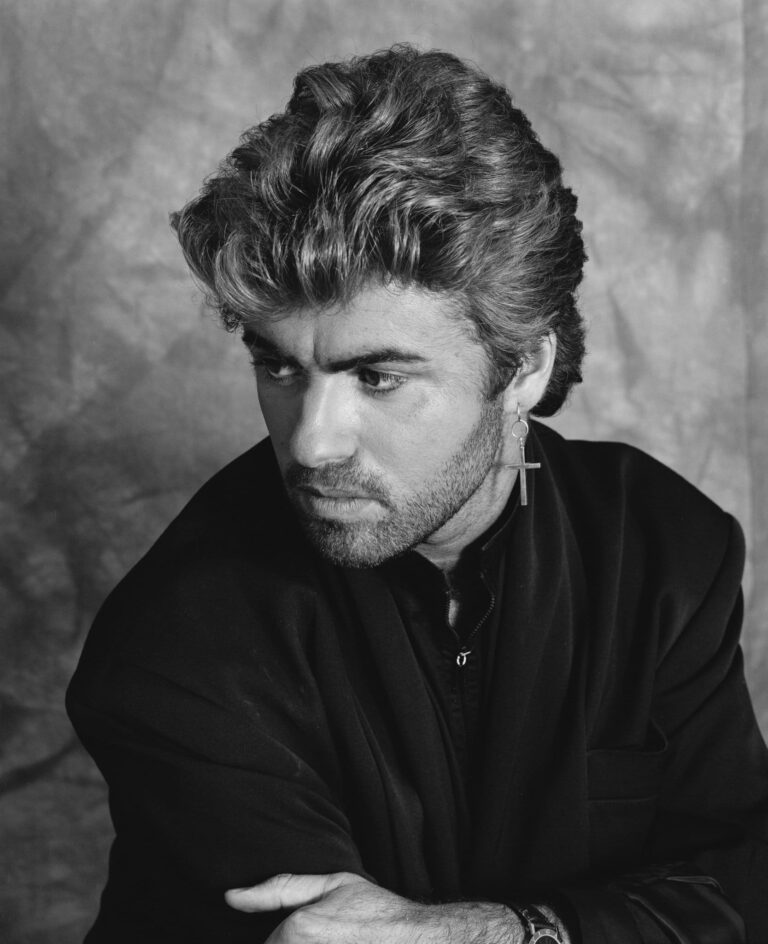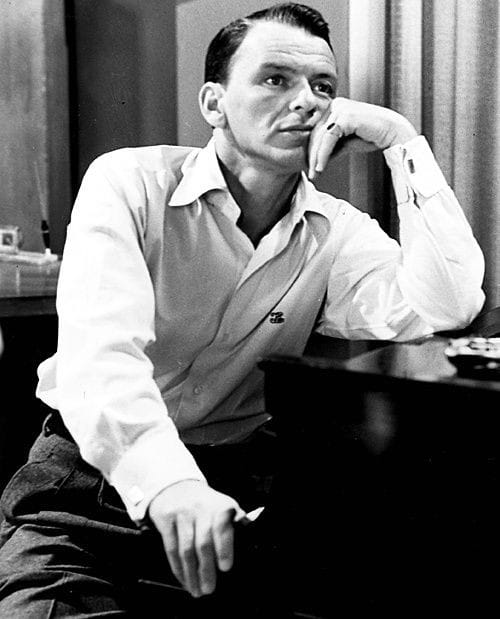
The Beach In Winter: “Sinatrajobim” (1969)
The Beach In Winter SinatraJobim…. On February 11, 1969, Frank and his team began recording what was going to be the sequel to the glorious “Francis Albert Sinatra & Antonio Carlos Jobim” (1967).
With the simple name “SinatraJobim“, the album that reunited the two titans of American music aspired to revive the critical and commercial success of its predecessor, changing the intimate approach of Claus Ogerman‘s arrangements for a denser orchestral setting. and powerful signed by Eumir Deodato, at that time a young producer and arranger who had given a lot of talk in the business thanks to his talent and inventiveness demonstrated in works with Wilson Simonal, Marcos Valle, Luiz Bonfá, Astrud Gilberto and Antonio Carlos himself Jobim.
Frank Sinatra was very affected by the recent death of his father. The pain intervened in the inspiration, bringing dark nuances to the interpretation that played in favor (“Don’t Ever Go Away“, “Song Of The Sabiá“) or against the repertoire (“This Happy Madness”). Frank’s voice also showed certain scars that prevented the passage to the crystalline purity that he provided on the 1967 album, but in compensation he offered us some round and penetrating low notes (impressive “Wave” and “Bonita“) that constitute a point sublime of Sinatra’s mature period.
With nine cuts already in the can, Frank moved his focus towards the recording of the songs destined for the “My Way” LP, with greater commercial ambition, and did not show any interest in finishing his second walk with Jobim along the beaches of Ipanema, despite that a cover was even made for the work, showing a casually dressed Frank leaning against the back of a Greyhound bus, standing presumably in the middle of the Amazon rainforest and with no news of Antonio Carlos anywhere: a bad idea that conveyed an attitude of interference rather than collaboration. Several units of an eight-track cartridge were manufactured with this image, which today are sought-after collector’s items.
To enjoy the work of those days we had to wait until 1971 and the album “Sinatra And Company“, which housed seven of the nine songs from the original project along with a group of recordings from 1970 and arranged by Don Costa, which must have formed a completely pop album that Sinatra once again left unfinished.
Although “SinatraJobim” failed to offer the perfection of its predecessor, it is a valuable and inspiring set of songs for its sonic and emotional richness. It is a new example of honesty on the part of the singer, who reveals his human condition in each verse and ennobles it by extracting pure gold from even the darkest veins of life experience.
Article written by Mahnuel Muñoz. https://www.facebook.com/mahnuelmunozoficial

LP, Import, Vinyl. Click on the image
f you want to visit more articles about the life of Frank Sinatra enter the following Sinatra Radio 24h link: https://sinatraradio24h.com/category/articles/
We remind you that you can also listen to Sinatra Radio 24 hours on your mobile phone by downloading our free applications for Android in the Play Store https://play.google.com/store/apps/details?id=sinatra.radio24h for iPhone in the Apple Store https://apps.apple.com/app/sinatra-radio-24h/id6599859344








